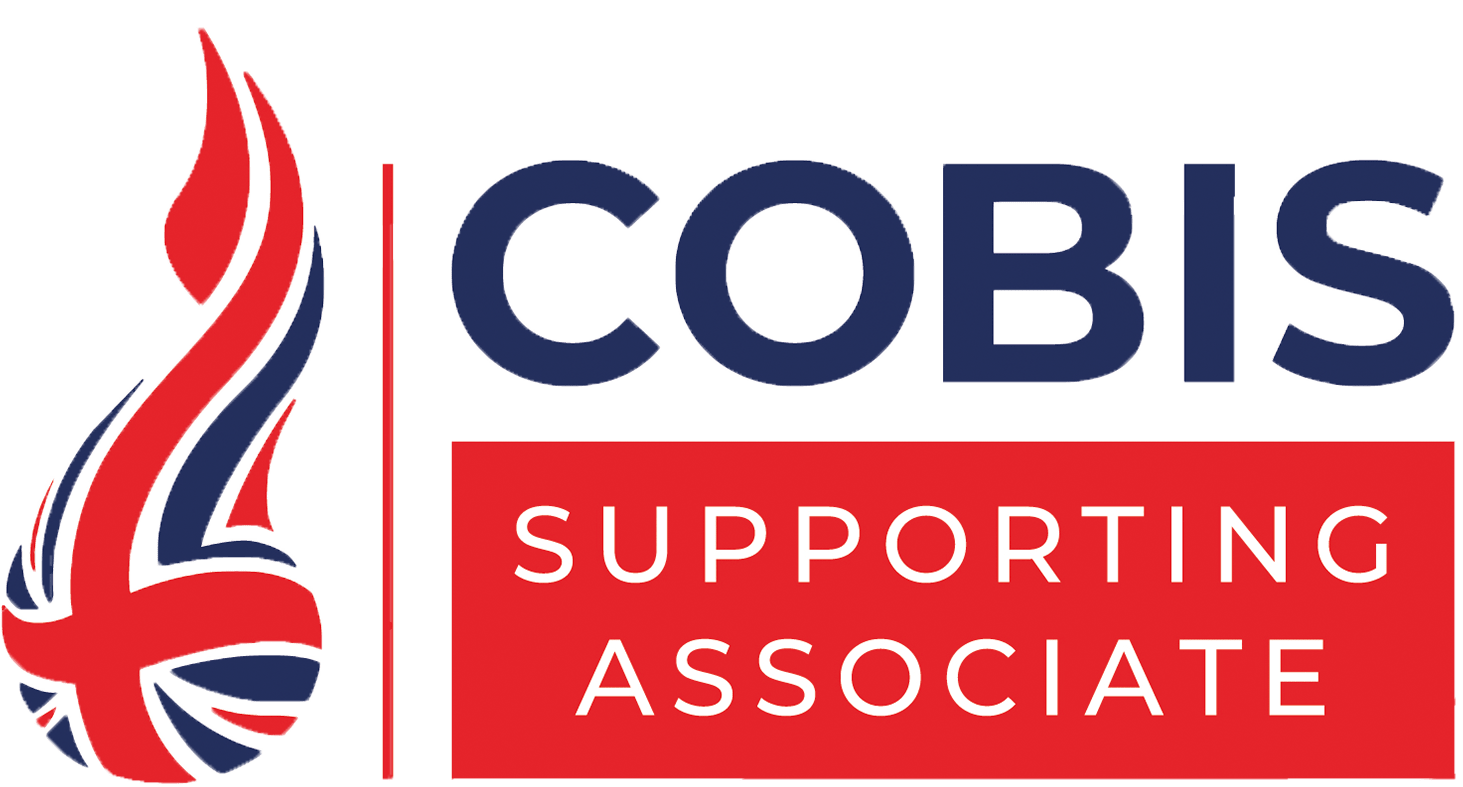Prompted by the release of the UK Department for Education’s (DfE) Trust Quality Descriptions in July 2023, we have had the opportunity to reflect on how the Great Teaching Toolkit supports Multi-Academy Trusts to meet the desired outcomes. We’ve also considered how we help Trusts to inform their improvement and capacity building priorities towards the Trust Quality Descriptors.
As it is directly relevant to the support that Evidence Based Education provides, we’re focusing here on Workforce, the third of the five pillars in the Trust Quality Descriptions. Specifically, our interest centres on three key tenets of the pillar: culture, expertise, and community. Furthermore, Julie Deville, CEO of Extol Trust, shares her thoughts on how the Great Teaching Toolkit facilitates and evidences these desired outcomes.
Culture
A high-quality trust, as defined by the DfE, “creates a high-performing working culture for all staff that promotes collaboration, aspiration and support, uses the flexibilities of the trust structure to create opportunities for staff, and recognises the critical value of high-quality teaching and champions the profession” (DfE, 2023).
The Great Teaching Toolkit is designed to sustain a culture of high-quality teaching and collaboration over the long term. Using the tools and resources available through the Toolkit, trusts can create conditions to develop and support staff in a culture of high performance.
One such tool that can be used by trust leaders to collect feedback on the working culture is our School Environment and Leadership survey. The tool can be used identify school-level factors that are working well or may need additional attention. Such factors can include culture, collaboration, and expertise—all of which evidence suggests may be reasonably attended to by school in order to promote students’ learning.
Here, Julie talks about how the Great Teaching Toolkit facilitates teacher development at scale.
Expertise
Expertise is developed through continuous professional development. And professional development works well when a trust “encourages and enables all staff to build their expertise through evidence-based professional development and mentoring” (DfE, 2023). This idea is reinforced by the position paper by the Confederation of School Trusts, Building Strong Trusts, “School improvement—in order to be lasting and sustainable—should be underpinned by deliberate and intentional knowledge building. Professional development of teachers is core to these knowledge building efforts” (Cruddas, 2023, p. 9).
Our teacher courses and leadership programmes aligned to our evidence-based Model for Great Teaching are focused on improving expertise in specific elements of great teaching (e.g., structuring, questioning, explaining). They are designed to provide opportunities for collaboration and mentoring and constructed with the same knowledge building principles we would encourage in student learning.
Below, we asked Julie how the Great Teaching Toolkit has enabled Extol Trust staff to build their expertise through evidence-based professional development.
Community
An effective trust-led community “builds an innovative and vibrant community of professionals, collaborating across schools and other trusts to develop and share expertise and evidence-based practice” (DfE, 2023).
Many of the Trusts that we work with choose to identify and build communities of practice centred around our courses and the Model for Great Teaching. These communities can be leadership-led, with School or Trust leadership being responsible for assigning teachers to a community. They then can manage the time and resource necessary for these communities to collaborate. Alternatively, these communities can be led by an individual teacher; in such instances, teachers identify other colleagues who are focused on developing the same area of practice.
These communities of practice talk to each other; they share and develop expertise based on their own experiences, learning, and classroom context. Our courses give direction and help facilitate these discussions. And more broadly, our Model for Great Teaching helps to build a common understanding of key evidence-based concepts and a common professional dialogue to share with others across the community.
We asked Julie, “How has the GTT helped Extol Trust build collaboration and shared expertise across the Trust?”.
Final thought
We support Multi-Academy Trusts to meet the desired outcomes outlined by the Trust Quality Descriptions. On reflection, we do this is a result of the work we already engage in to deliver “the kind of professional development that leads to improvement in specific areas of practice […], [to] help teachers take ownership of their professional learning, and to help them enhance their practice for the benefit of students” (Coe et al., 2020, p. 9).
It is encouraging to see that our goals align with the Trust Quality Descriptions, and we look forward to supporting trusts achieve their desired outcomes in the upcoming academic year and beyond.
Join Julie Deville and many other Multi Academy Trusts in supporting their schools professional development by booking a call with us here – to see how we can help you too!
References
Coe, R., Rauch, C.J., Kime, S., & Singleton, D. (2020). Great teaching toolkit: Evidence Review. Evidence Based Education.
Cruddas, L. (2023). Building strong trusts. Confederation of School Trusts. https://cstuk.org.uk/knowledge/guidance-and-policy/building-strong-trusts/
Department for Education (2023). Annex A – Trust Quality Descriptions. https://www.gov.uk/government/publications/commissioning-high-quality-trusts





